With homicides and assaults in Georgia’s prisons at record highs, the state’s correctional system is facing a deadly crisis.
“The violence in Georgia Prisons has risen dramatically in the last three, four years,” Danny Robbins, an Atlanta Journal-Constitution investigative reporter, said. “Already in the first six months of this year, we’ve been able to show 24 [homicides], so they’re on a path to 50 homicides for 2024. Last year was 38 and that was the [state] record. It’s just gone up increasingly, and you can track that through the Department of Corrections’ own documentation.”
In September of 2021, the U.S. Department of Justice began a federal investigation on the Georgia Department of Corrections, which it released its 94-page report for on Oct. 1 describing how conditions in Georgia prisons have grown increasingly worse in recent years.
“The findings of the Civil Rights of Institutionalized Persons Act investigation of the Georgia Department of Corrections reveal grave and diffuse failures to safeguard the men and women housed in its facilities, including disturbing and increasing frequencies of deaths among incarcerated people,” said U.S. Attorney Ryan K. Buchanan in a press release. “We expect the State of Georgia to share our sense of urgency about the seriousness of the violations described in this report and to work cooperatively…to remedy these systemic deficiencies in Georgia prisons.”
Robbins said since the investigation’s announcement, there have been few state improvements on current prison conditions.
“The one thing that happened in December of 2022, about a year and a half into the investigation, Tyrone Oliver was appointed commissioner and replaced Timothy Ward,” Robbins said. “There were a lot of people who thought Ward may have been the cause, but quite honestly, things have not changed markedly since Governor Kemp put Tyrone Oliver at that job. In many ways, things have just gotten worse since that investigation was announced.”
Robbins said Georgia surpasses most states in the region with the severity of violence and homicides in prisons.
“We’ve looked at other states in the South, and, with the exception of Alabama, which is very similar to Georgia, the violence and the murders of Georgia prisons stand out among those we’ve looked at in the South,” Robbins said. “There are people out there that say it’s the most dangerous prison system in the country, and I think that data tends to bear that out when we compare it to Florida, Texas, South Carolina and some of these other states. ”
In February 2024, the Georgia Department of Corrections stopped releasing the suspected manner of deaths on its mortality reports. Robbins believes the GDC made this decision in consideration of the rising homicide rate in Georgia prisons.
“In my view, and I think others would agree, it seems to be as much an attempt to try to limit what the public knows about what’s going on in the prison system,” Robbins said. “What we have been doing at the AJC is we’re going to go behind and use other means, family members, incident reports, in some cases, we get the death certificates, criminal affidavits, anything we can to shine a light on this.”
Robbins attributes a rise in violence in prisons to understaffing, particularly in high-security prisons.
“The vacancy rate for correctional officers is at 50% across the entire department,” Robbins said. “But what we’ve seen is at the prisons that hold some of the most violent offenders, the so-called close security facilities, the vacancy rate is higher, almost 80%. At Valdosta State Prison, the vacancy rate was around 80% in April. That means eight out of 10 jobs at a prison of 1,500 men, many of them felons and many of them violent offenders, eight out of 10 of those correctional officer jobs are not filled. There’s just nobody watching.”
Robbins believes understaffing has gone beyond the lack of physical presence and has led to systemic problems within the prison system, such as officer corruption.
“What we’ve reported is that many of [the officers] that are on the job don’t care; it’s not a good job or high-paying job, and many of them are corrupted,” Robbins said. “The incentive to bring in contraband, and the money that comes with that is very high. We’ve found hundreds upon hundreds of officers who have been compromised in that way. I would say the main cause is simply a lack of people keeping watch in a legitimate way.”
Due to low wages and long working hours, the GDC has experienced a decline in the number of people applying for correctional jobs.
“The current salary is $44,000 a year,” Robbins said. “It’s gone up, but it’s still not a particularly great living. They don’t recruit from the military or in police agencies particularly well. It’s a tough job to get people to do. We’ve looked very closely at a lot of correctional officers when we examine those that were compromised by contraband, and many of them are just young women, right out of working at Burger King or Walmart. They have little experience, and then they get behind the walls, and they deal with mostly men who are there because they know how to tweak the system.”
Max Atchison, legal fellow for the Southern Center for Human Rights, a nonprofit criminal justice advocacy organization, said a combination of long prison sentences and understaffing perpetuates violence within prisons, as it restricts incarcerated individuals’ ability to rehabilitate.
“Related to the fact that people are getting such long sentences, there’s also very few staff that are coming in for programming, which is GED courses or life skills classes and things like that combined with these long sentences, people give up hope and become very frustrated with the situation they’re in, especially when the conditions are as bad as they are,” Atchison said.
Atchison said being in a violent environment can negatively impact incarcerated individuals’ ability to reintegrate into society.
“If you’re living in an overcrowded, understaffed and underworked facility where there’s been a systemic breakdown that’s led to such violence, it’s going to be a lot harder for you to address whatever issues you need to work through if there are any,” Atchison said. “It’s going to be harder for you to return to society, and when you do return, you know you might have lasting trauma from all the horrible things that you endured while you were inside.”
Atchison said systemic policies to demonize incarcerated individuals have exacerbated the issue of violence in Georgia prisons.
“For a long time, this country has been over-criminalizing a lot of things, sending far too many people to prisons for things that they shouldn’t be in prison for,” Atchison said. “People are serving these really long sentences in institutions where there’s a lack of staffing, there’s a lack of programs and lack of ways to get the treatment and different things that you would need, which inevitably is going to lead to higher rates of violence.”
Robbins said the impact of prison violence extends far beyond the prison walls.
“People had been murdered on the streets for murders that were called from inside the prison system,” Robbins said. “Extortion is rampant in the general population by prisoners … Drug dealing in prisons has extended far outside the walls, so they have to get a handle on this, because violence has escalated inside the prison system, particularly as seen by assaults and the homicide numbers, and it’s also gotten far worse than it ever was on the outside.”
In March 2024, the state senate created the “Senate Supporting Safety and Welfare of All Individuals in Department of Corrections Facilities Study Committee,” which aims to investigate the conditions of Georgia prisons and discuss ways to improve the prison system. Atchison said he hopes the current legislative action will bring greater reform to the conditions in Georgia prisons.
“I hope that lawmakers and everyone involved on all sides can come together to have rational conversations that move towards helping our population as a whole heal, including people who are incarcerated,” Atchison said. “Right now, the system seems to be pretty fixated on demonizing and punishing individuals who are incarcerated, and if we could focus more on helping everyone move towards a better tomorrow, I think that would be a good place to start.”

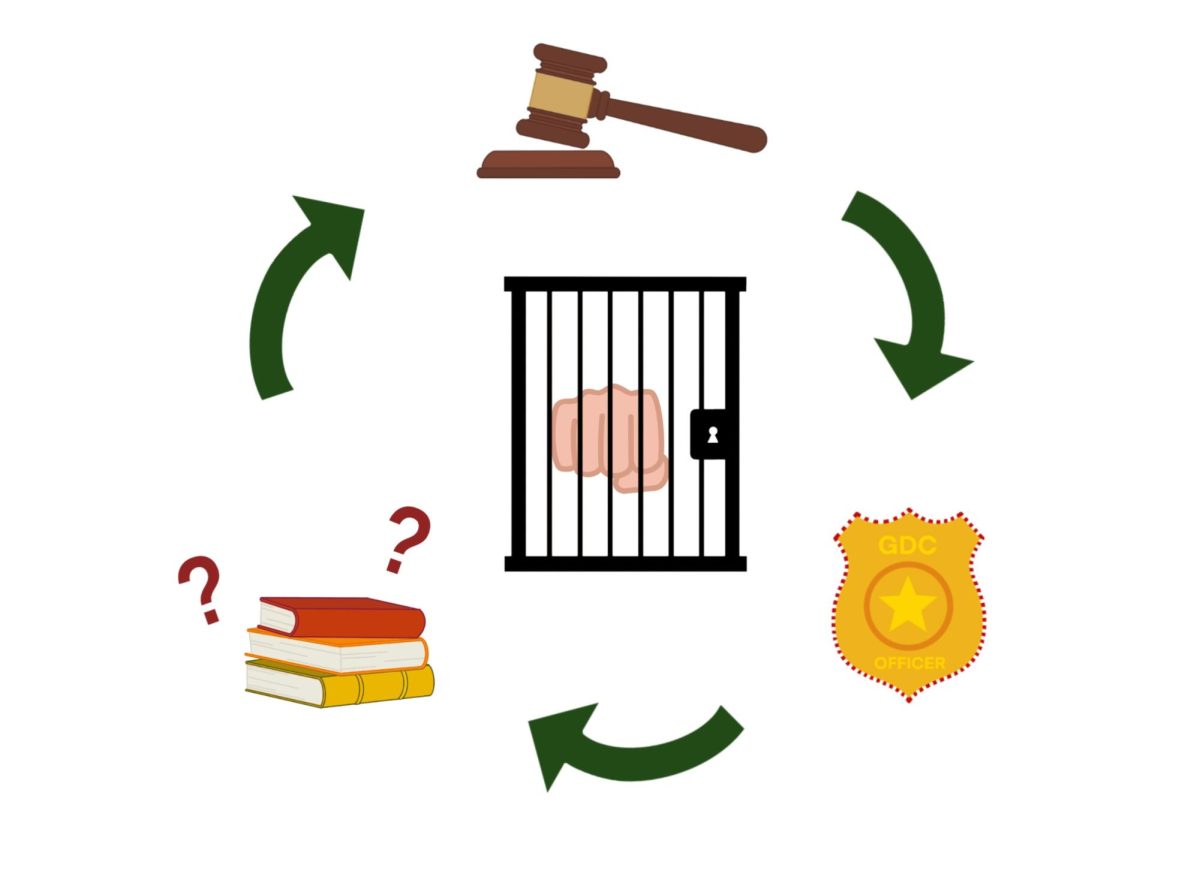






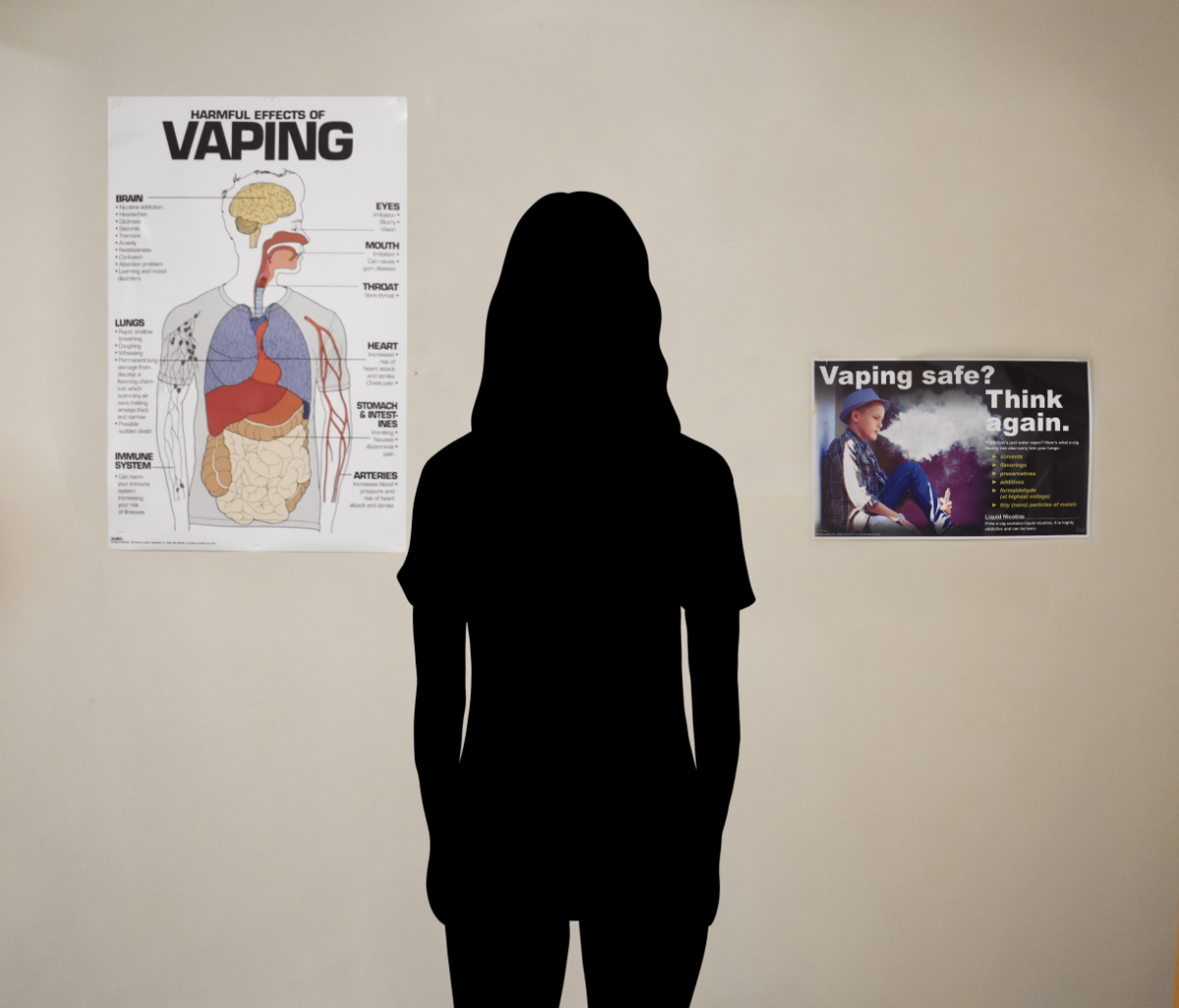

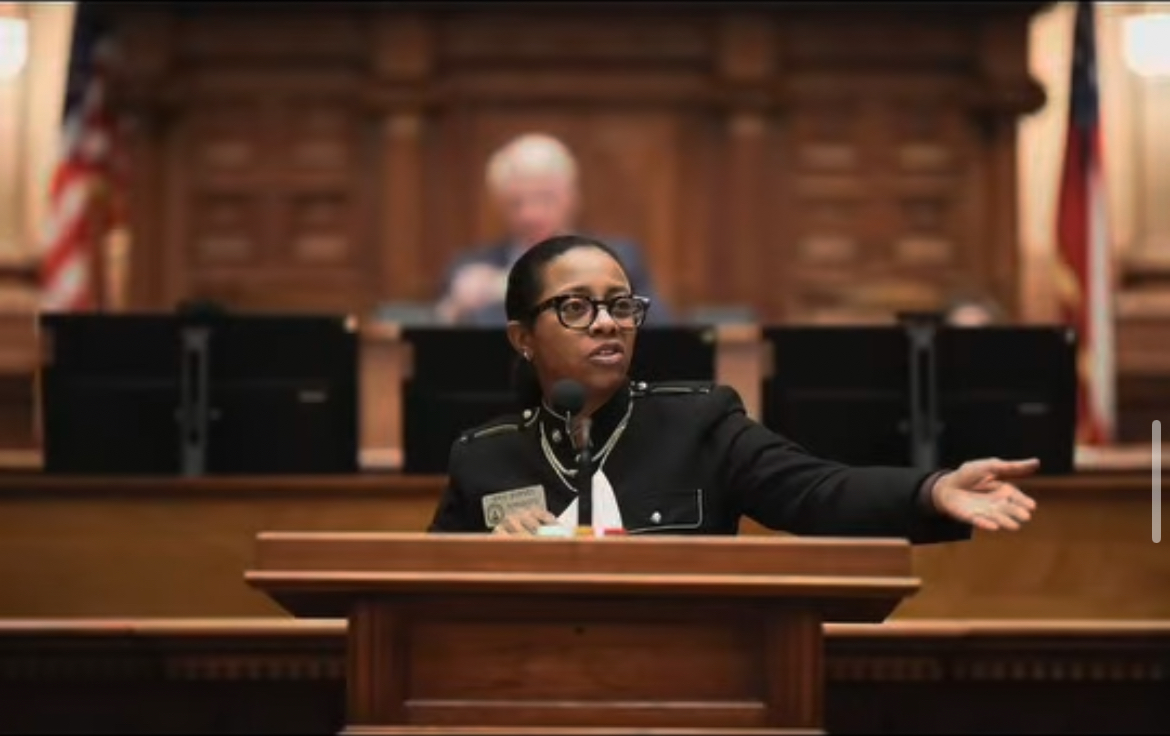

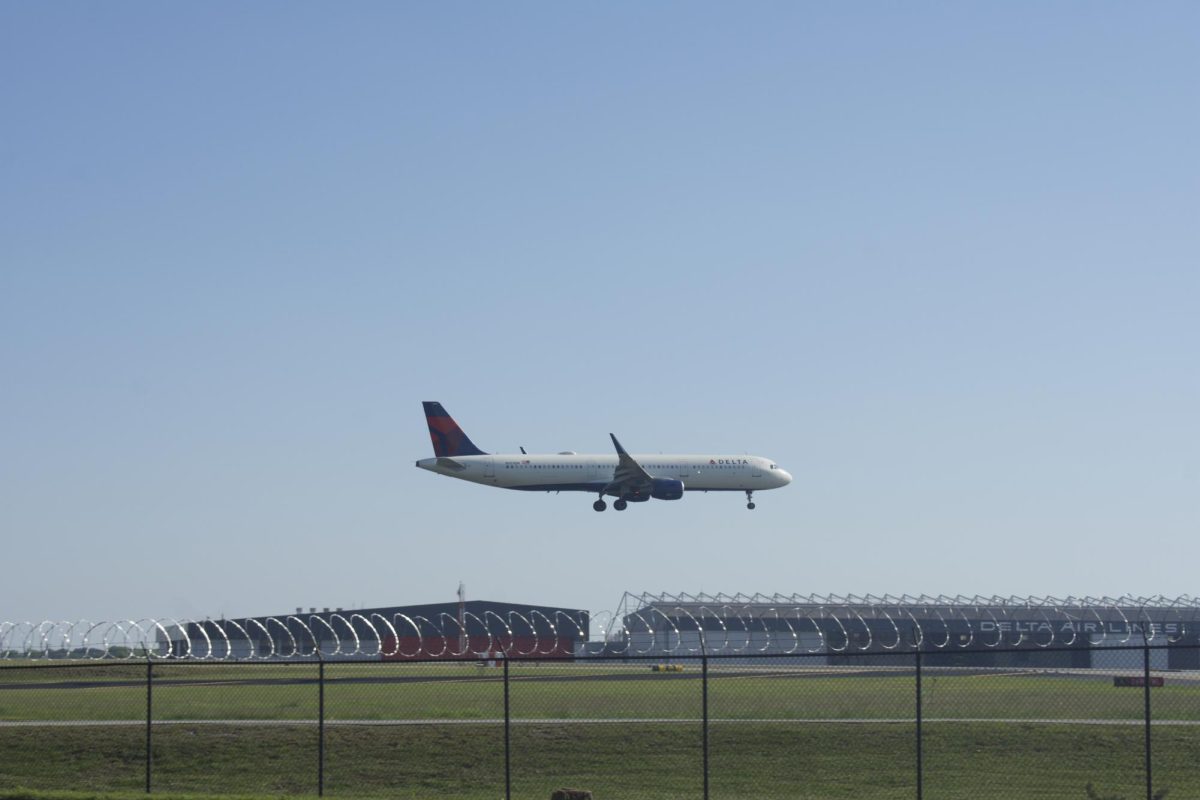


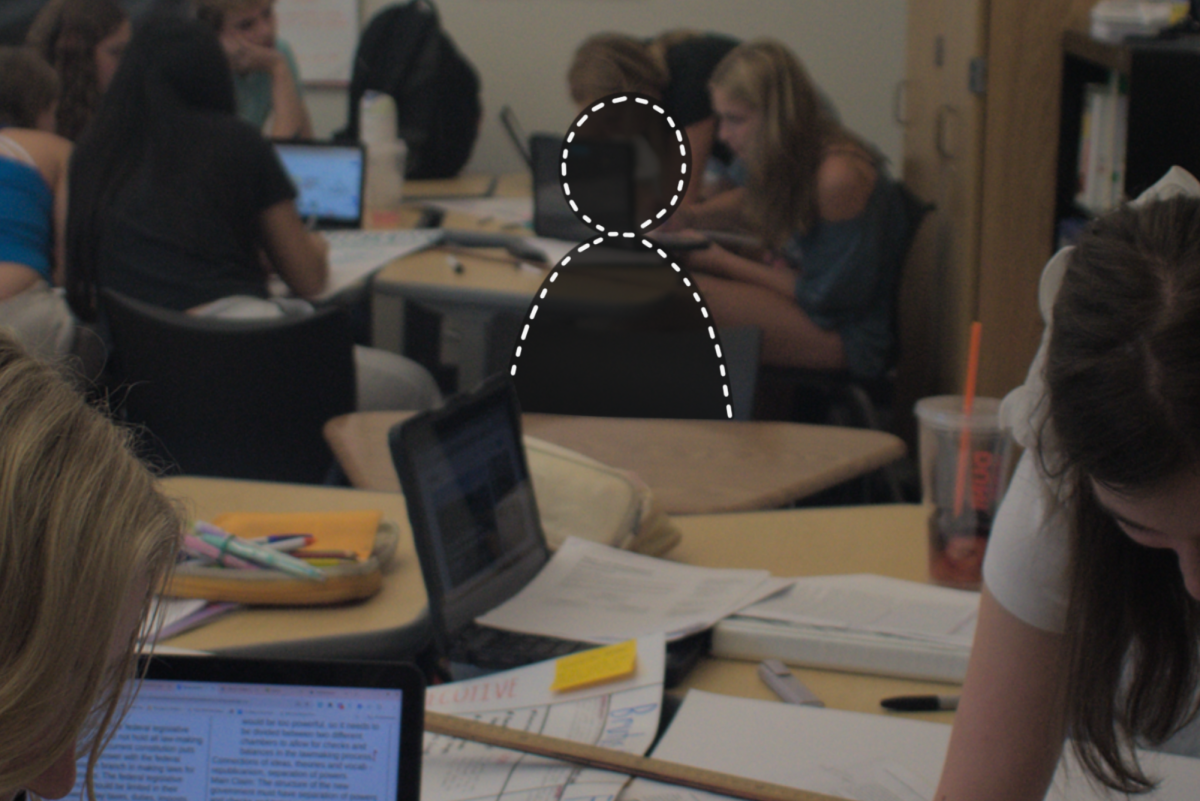

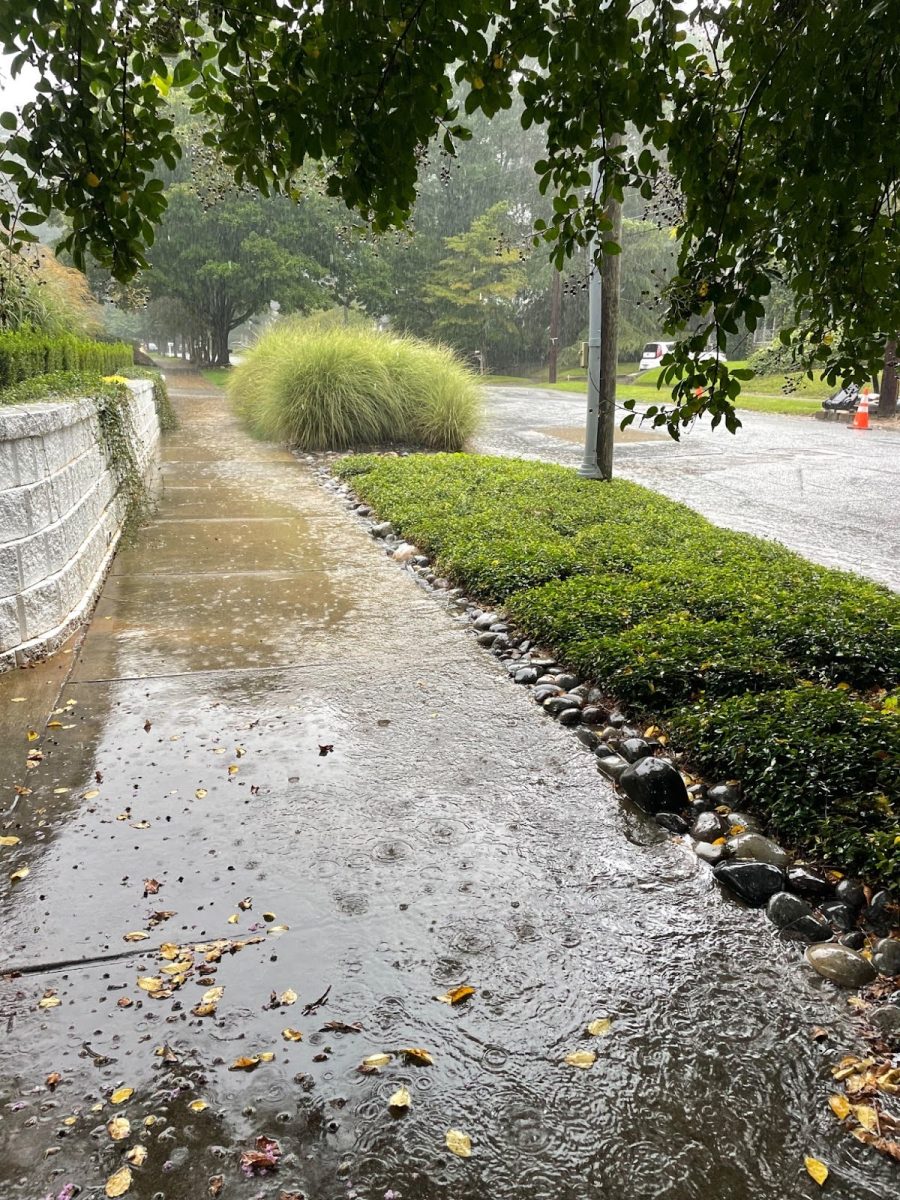
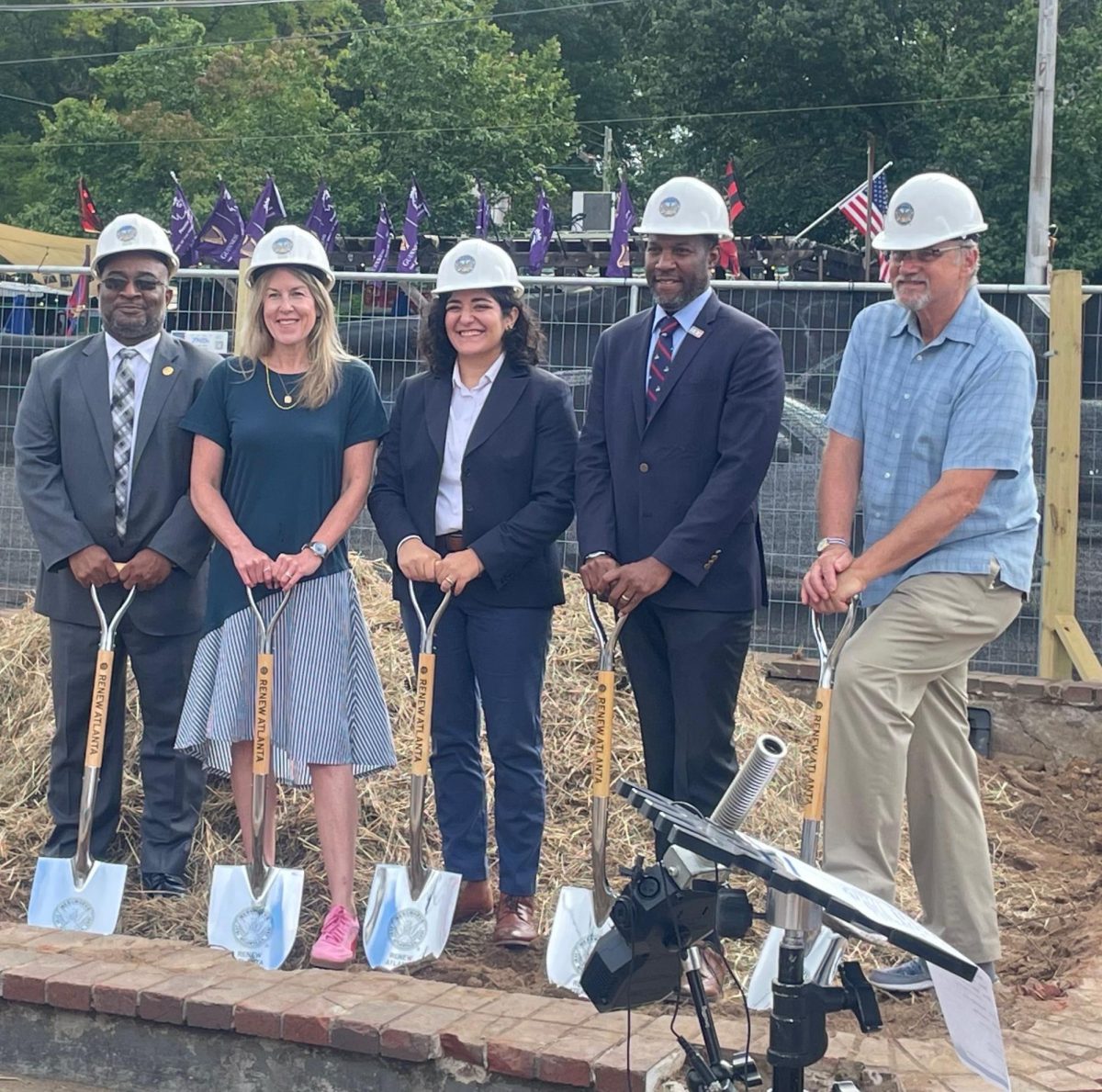
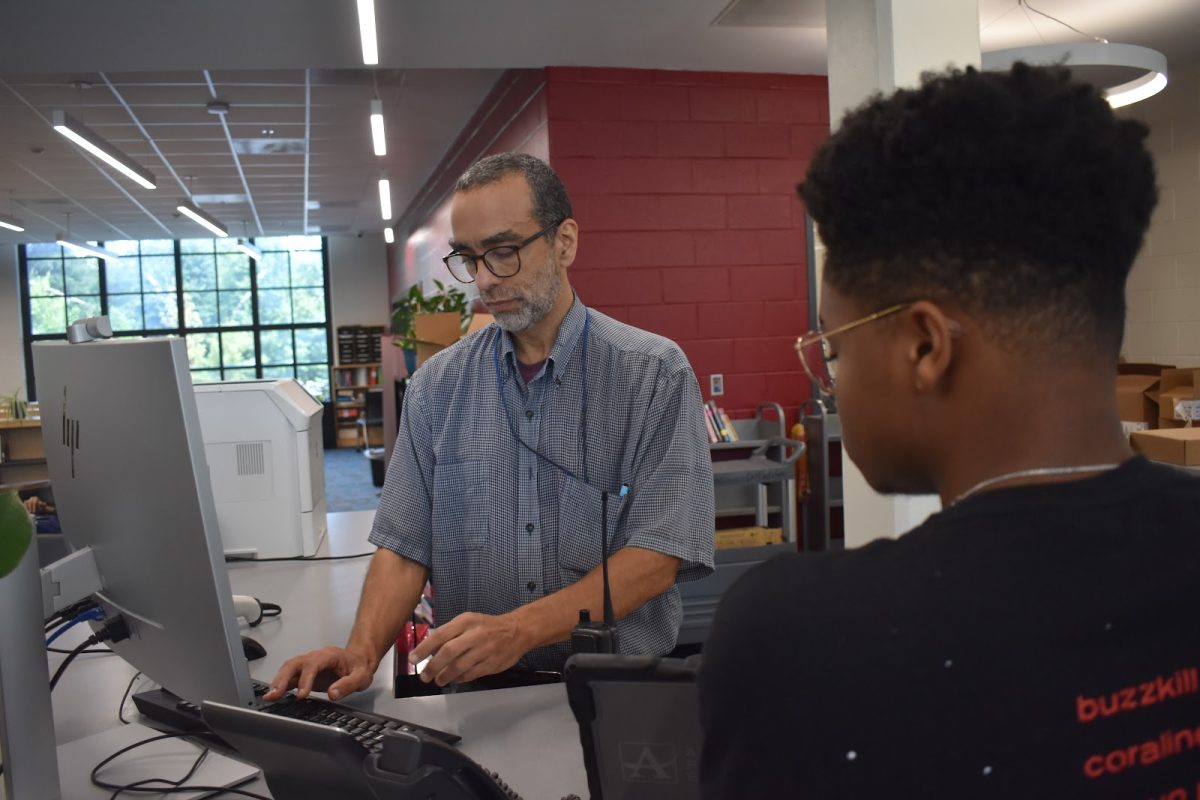

Jay • Oct 10, 2024 at 5:55 pm
Prisons in ga are over crowded for 1 reason only. It is part of Georgia’s infrastructure. Especially in private camps. Also, GA needs to stop this “hearsay” nonsense happening in the courtroom. Absolutely 0 evidence on so many cases. Stop giving incentives for judges and DA prosecuting (X) amount of people. The DOJ and GDC are disgusting.